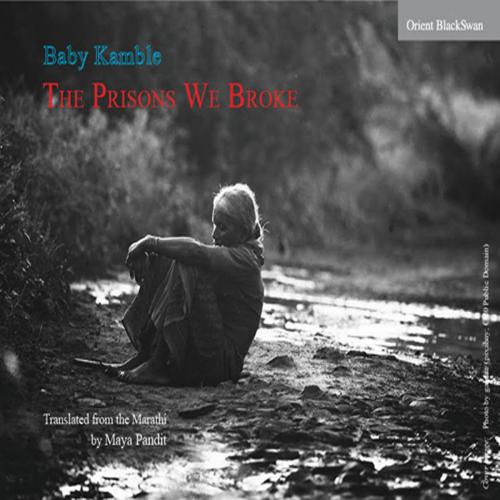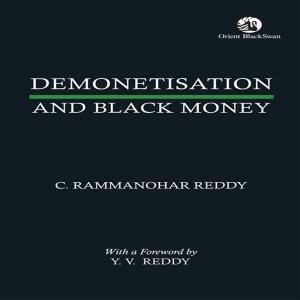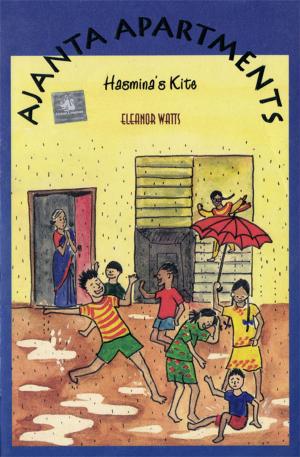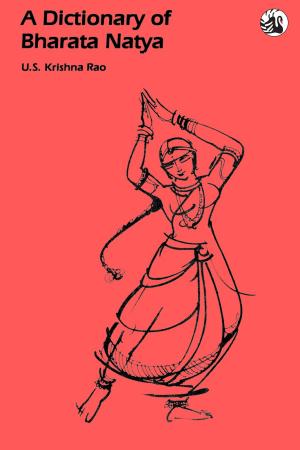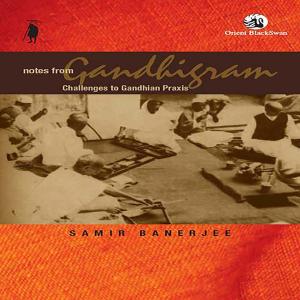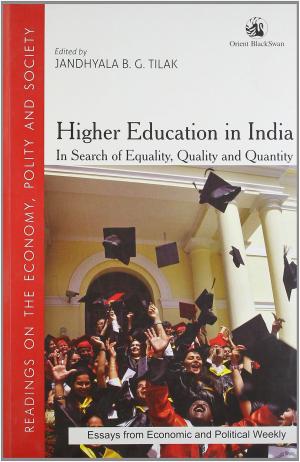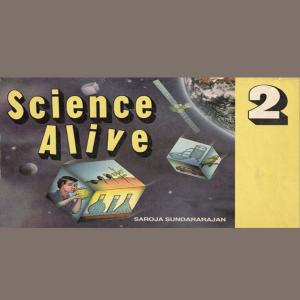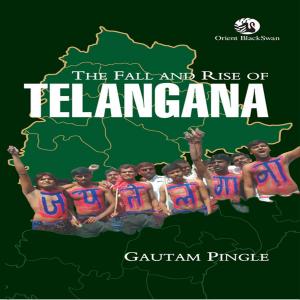| Author: | Baby Kamble | ISBN: | 9789386689108 |
| Publisher: | Orient Blackswan Private Limited | Publication: | December 15, 2009 |
| Imprint: | Language: | English |
| Author: | Baby Kamble |
| ISBN: | 9789386689108 |
| Publisher: | Orient Blackswan Private Limited |
| Publication: | December 15, 2009 |
| Imprint: | |
| Language: | English |
Writing on the lives of the Mahars of Maharashtra, Baby Kamble reclaims memory to locate the Mahar society before it was impacted by Babasaheb Ambedkar, and tells a consequent tale of redemption wrought by a fiery brand of social and self-awareness. The Prisons We Broke provides a graphic insight into the oppressive caste and patriarchal tenets of the Indian society, but nowhere does the writing descend to self-pity. With verve and colour the narrative brings to life, among other things, the festivals, rituals, marriages, snot-nosed children, hard lives and hardy women of the Mahar community.The original Marathi work, Jina Amucha, re-defined autobiographical writing in Marathi in terms of form and narrative strategies adopted, and the selfhood and subjectivities that were articulated. It is the first autobiography by a Dalit woman in Marathi, probably even the first of its kind in any Indian language.
Writing on the lives of the Mahars of Maharashtra, Baby Kamble reclaims memory to locate the Mahar society before it was impacted by Babasaheb Ambedkar, and tells a consequent tale of redemption wrought by a fiery brand of social and self-awareness. The Prisons We Broke provides a graphic insight into the oppressive caste and patriarchal tenets of the Indian society, but nowhere does the writing descend to self-pity. With verve and colour the narrative brings to life, among other things, the festivals, rituals, marriages, snot-nosed children, hard lives and hardy women of the Mahar community.The original Marathi work, Jina Amucha, re-defined autobiographical writing in Marathi in terms of form and narrative strategies adopted, and the selfhood and subjectivities that were articulated. It is the first autobiography by a Dalit woman in Marathi, probably even the first of its kind in any Indian language.
